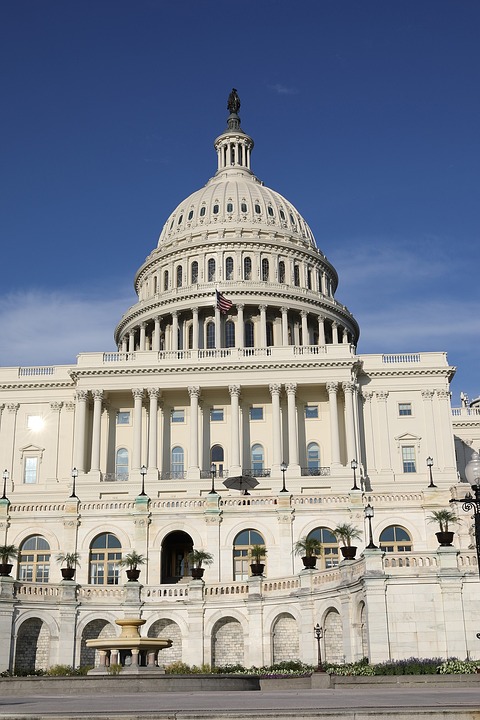Election 2023: Key Issues Transforming Voter Sentiment
As the 2023 election cycle unfolds, a complex tapestry of issues is transforming voter sentiment across the political landscape. From economic anxiety to social justice concerns, these dynamics are shaping the platforms of candidates and the decisions of voters. Here, we explore the key issues influencing this year’s election and how they are altering the fabric of public opinion.
Economic Anxiety
One of the most pressing issues dominating the political discourse is the state of the economy. With inflation persisting and many households feeling the pinch, economic concerns have intensified. Voters are increasingly worried about job security, rising costs of living, and the impact of economic policies on their daily lives. Candidates are responding to these fears by prioritizing proposals aimed at stabilizing the economy and promoting growth.
In contrast to previous elections, the focus has shifted from mere recovery to resilience—a demand for comprehensive strategies that protect against future economic shocks. This sentiment is particularly strong among younger voters who are entering the workforce amid a complex economic landscape. As a result, platforms emphasizing inflation control, wage increases, and affordable housing have gained traction, altering the competitive dynamics of the election.
Climate Change and Environmental Policy
The urgency of climate change is another pivotal issue resonating with voters, particularly among younger generations. The recent extreme weather events have brought the climate crisis to the forefront of political discussions, demanding action from candidates across the spectrum. Voters are increasingly prioritizing environmental policies, as they recognize the long-term implications of inaction.
Candidates that present robust climate action plans—integrating renewable energy initiatives, sustainable development, and conservation efforts—are finding favor with a sizeable portion of the electorate. This shift reflects a growing recognition that climate-related issues intersect with economic stability, health, and social equity. Moreover, grassroots movements advocating for climate action are becoming influential, pressuring governments and candidates to take bold steps toward sustainability.
Social Justice and Equity
The past few years have seen a heightened awareness of social justice issues, significantly impacting voter sentiment in 2023. Racial and gender equity, LGBTQ+ rights, and immigration reform are at the forefront of many voters’ minds. Increased activism and advocacy surrounding these topics have created a more informed electorate demanding accountability and reform from those in power.
Candidates who align themselves with social justice movements or who can articulate a vision of an inclusive society are more likely to resonate with the base. Discussions around criminal justice reform, police accountability, and equitable access to healthcare and education are essential points that candidates must address to garner support. The electorate is not just looking for policies, but also for leaders who genuinely reflect their values and concerns around equity.
Health Care and Pandemic Preparedness
The COVID-19 pandemic highlighted significant vulnerabilities in healthcare systems, and health care remains a top priority for voters heading into the 2023 elections. As the electorate evaluates how governments responded to the pandemic, there is an overwhelming demand for improved healthcare infrastructure, affordable access to services, and better preparedness for future health crises.
Candidates proposing comprehensive healthcare reforms, such as expanding Medicare or lowering prescription drug prices, are likely to appeal to a broad segment of the population. Moreover, discussions about mental health care and preventative measures are also gaining momentum, reflecting a more holistic understanding of health as essential to a well-functioning society.
Polarization and Political Identity
Finally, the increasing polarization of American politics cannot be ignored. Voter sentiment is not only influenced by specific issues but also by a broader sense of political identity. Many voters are feeling disengaged or disillusioned with traditional political structures, leading to a fragmented electoral landscape where independents and third-party candidates may gain unexpected traction.
Candidates that effectively navigate this political polarization—by focusing on unity, collaboration, and pragmatic solutions—could appeal to a wide array of voters disenchanted with extreme partisanship. As such, the ability to communicate effectively and authentically will be pivotal for any candidate hoping to resonate with the electorate in 2023.
Conclusion
As we approach the election, the issues shaping voter sentiment appear more interconnected than ever. Economic concerns, climate action, social justice, healthcare, and political identity are influencing how individuals view candidates and their platforms. To succeed in this complex environment, political leaders will need to engage with these issues thoughtfully and authentically, addressing the hopes, fears, and values of a diverse electorate eager for meaningful change. Understanding this multifaceted landscape of voter sentiment will be critical in navigating what promises to be a transformative election year.


